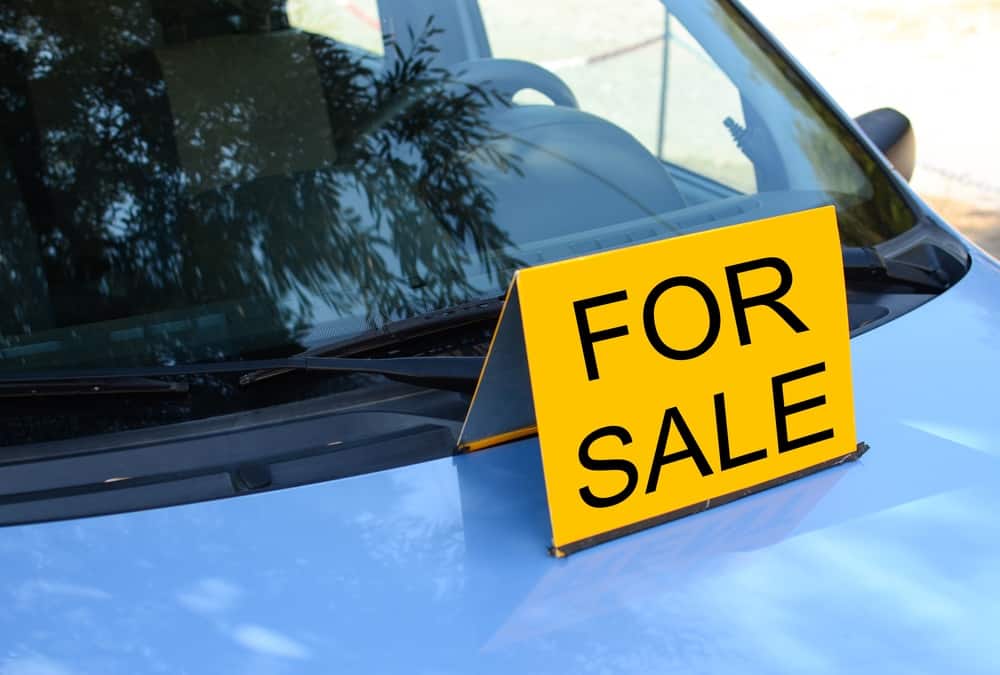Buying a second-hand car can be an thrilling yet daunting experience. With so many options on the market and varying price points, it's crucial to navigate the process wisely to ensure that you don't overpay. Regardless of your buying experience or looking to acquire another vehicle to your household, having a detailed checklist can make all the distinction in securing a excellent deal.
In this comprehensive guide, we will explore everything you need to know about purchasing a second-hand car. From realistic tips on how to evaluate a vehicle and what to consider in terms of dependability and value, to grasping the variances between certified pre-owned and traditional used cars, we aim to empower you with the insight to make smart decisions. Learn about best times to buy, the top picks for various needs, and information into recent market trends, all designed to help you depart with confidence in your new ride.
Essential Guidelines for Purchasing a Used Car
When acquiring a used car, it is crucial to do your investigation in advance. Familiarize yourself with the model you are looking in, examine its feedback, and know its common issues. Websites and communities dedicated to cars can offer helpful information from current owners. Additionally, look up the vehicle's record using its VIN to uncover any incidents, title issues, or other alerts that might impact your purchase.
A further important step is to set up a comprehensive inspection before sealing the deal. Contemplate employing a trusted mechanic who focuses in used cars to conduct a pre-purchase inspection. This can assist discover concealed problems that may not be noticeable during a casual viewing. Focus to the tires, brakes, and fluid levels, as these can indicate how well the car has been maintained. A thorough inspection can shield you from surprising expenses in the future.
Ultimately, be prepared to negotiate. Knowing the market value of the car and its condition will give you leverage in discussions. Don’t think twice to walk away if you feel the price is not right. Also, keep in click this of ownership, including insurance, fuel, and maintenance, as these aspects will impact your overall investment. By handling the buying process with knowledge and confidence, you can discover a dependable used car that meets your requirements.
Funding and Worth Observations
When considering the purchase of a pre-owned car, comprehending the monetary consequences is essential. Numerous buyers have worries about how to finance a used car with low credit. While it may seem challenging, options such as high-risk lenders and cooperative banks can provide avenues to securing a loan. It's important to compare for the most favorable interest rates and terms to minimize overall costs. Furthermore, keeping a budget that covers possible repairs and insurance will assist in making an informed decision.
Pre-owned vehicle pricing and depreciation are also important factors that impact value. Contrary to new cars that lose value rapidly after buying, used cars may keep their price longer, especially they have a reputation for reliability. Researching the market value of specific models can help buyers steer clear of overpaying. Understanding which models hold their value best can guide a buyer in the direction of a more wise investment.
Purchasing a used car often comes with various warranty options. Numerous used vehicles still have manufacturer warranties or are provided through certified pre-owned programs that offer peace of mind. Investigating warranty options, such as extended warranties, can help buyers handle future repair costs and boost their overall satisfaction with the vehicle. Making informed decisions about financing and value can create a rewarding used car ownership experience.
Care and Ownership Considerations
When buying a pre-owned car, grasping its care needs is crucial to guaranteeing it remains dependable and safe. Routine care is key to extending the life of your vehicle. This includes following to a service schedule for oil replacements, brake inspections, and tire rotations. It is also crucial to keep an watch on liquid levels and to resolve any odd sounds or alerts quickly. Being proactive can assist prevent minor issues from escalating into costly repairs.
The ownership journey of a pre-owned car can vary significantly based on the model and prior care it obtained. Before finalizing your purchase, it's advisable to request maintenance records to see if the former owner followed to a regular upkeep schedule. This clarity can offer insight into the car’s reliability and potential future costs. Additionally, think about investing in an additional warranty to protect against unexpected repairs, which can offer reassurance as you manage possession.

Lastly, it's crucial to plan not just for the purchase price, but also for the long-term ownership costs. This covers fuel, insurance, and routine maintenance. Understanding these elements will help you evaluate the true cost of ownership, allowing you to make an educated decision about which used car meets your needs and financial situation. By considering these aspects, you can ensure a smoother ownership journey and maximize the value of your investment.
